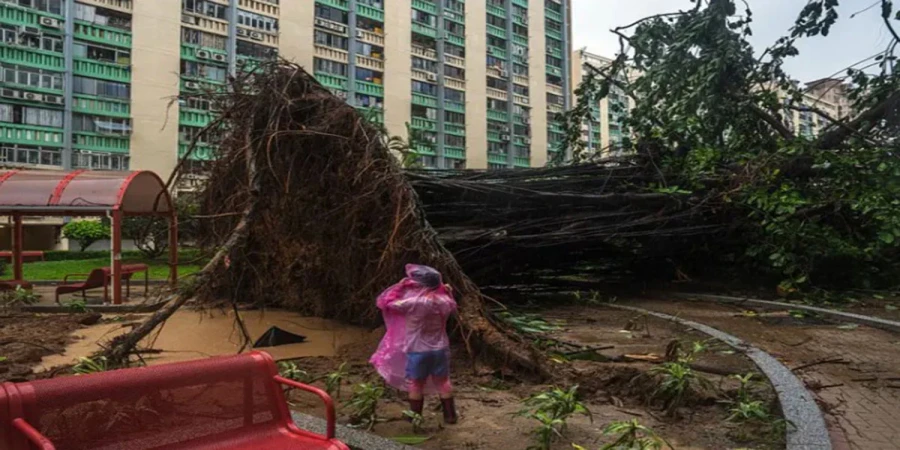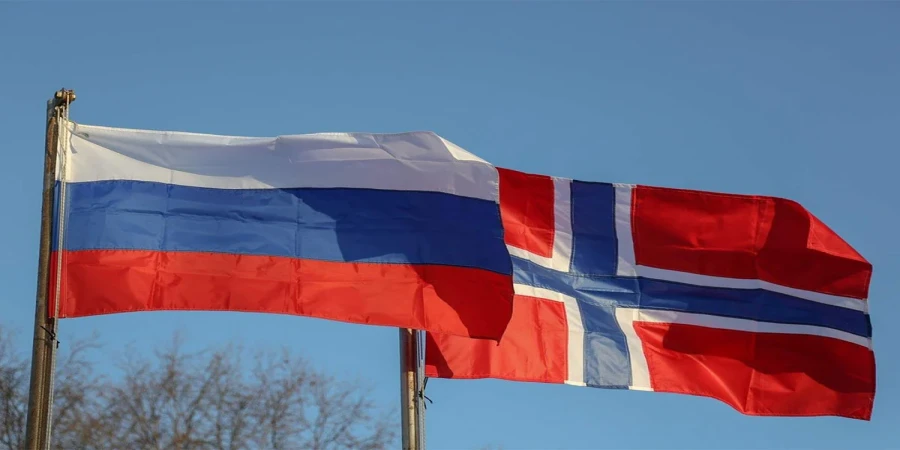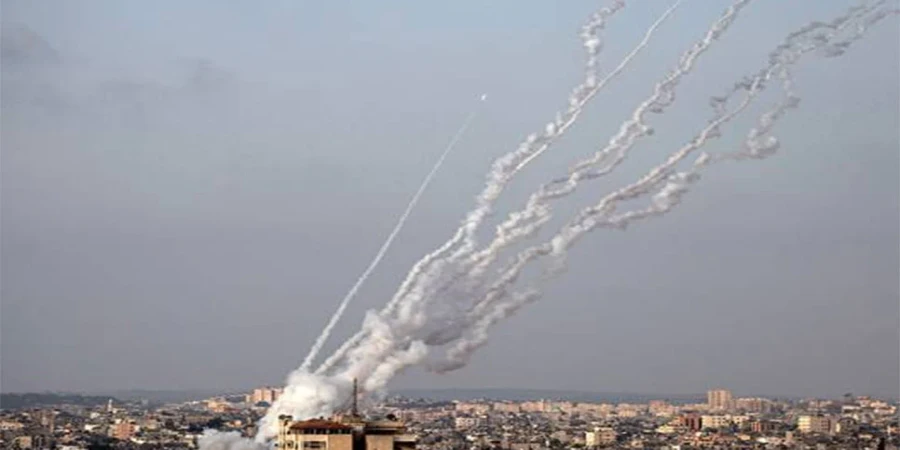
ছবি: -Collected Photo
Indian Prime Minister Narendra Modi has reaffirmed his government’s decision to continue suspending the Indus Waters Treaty with Pakistan, a move that was first announced earlier this year. Speaking on Friday at Delhi’s Red Fort during celebrations marking India’s 78th Independence Day, Modi declared that “blood and water cannot flow together” and emphasized that India’s resources will be reserved for its own citizens and farmers.
The decision to halt the implementation of the Indus Waters Treaty came in April following an attack in Kashmir, which India has attributed to militants backed by Pakistan. Addressing the nation, Modi suggested that the suspension would remain in place as part of India’s response to cross-border hostilities.
“At a time when our farmers suffered from a shortage of water, rivers flowing from India were being used to irrigate fields in an enemy country,” Modi stated. “From now on, the water of India will belong only to India and its farmers.” He stressed that there would be no compromise on the interests of farmers or the nation, reiterating his earlier remark that “blood and water cannot flow together.”
The Indus Waters Treaty, signed between India and Pakistan in 1960 under World Bank mediation, governs the sharing of water from six rivers in the Indus basin. Modi’s comments signal a firm stance on revisiting the agreement, particularly in light of what he described as Pakistan’s support for terrorism.
Islamabad, however, has warned that any attempt to block or divert water flows into Pakistan will be considered “an act of war.” This warning comes amid heightened tensions between the two nuclear-armed neighbors over Kashmir and cross-border militancy.
In his address, Modi issued a stern warning to Pakistan, stating that India makes no distinction between terrorists and those who support them. He pledged that any future attacks from Pakistan on Indian soil would be met with decisive punishment.
Furthermore, Modi declared that India would no longer tolerate what he called Islamabad’s “nuclear blackmail.” He said, “India has decided that no nuclear threats will be endured any longer. For a long time, nuclear blackmail was ongoing, but now this blackmail will no longer be tolerated.” His statement underscored a shift from India’s earlier approach of strategic restraint toward a more assertive posture in dealing with Pakistan’s nuclear rhetoric.
Pakistan, for its part, has previously rejected India’s allegations of nuclear blackmail, labeling them as provocative and inflammatory. Islamabad maintains that its nuclear arsenal serves as a deterrent to safeguard its sovereignty and that India’s accusations are part of a broader attempt to undermine its position in the international arena.
The renewed tensions over water sharing and nuclear threats add another layer of complexity to the already fragile relationship between India and Pakistan. Both countries have fought multiple wars and engaged in numerous military skirmishes since their independence in 1947, with water resources and Kashmir remaining central points of dispute.
Modi’s speech also reflected his government’s broader policy direction of prioritizing domestic resource management and security. He framed the suspension of the Indus Waters Treaty not only as a measure against Pakistan but also as a step to ensure that India’s farmers have adequate water supply. This approach aligns with his administration’s focus on rural development and agricultural reform, sectors that are politically significant in India’s electoral landscape.
The Prime Minister’s remarks on terrorism further emphasized India’s position that state sponsorship of militancy will not be tolerated. By linking the issues of water sharing, cross-border terrorism, and nuclear threats, Modi sought to convey a message of resolve both domestically and internationally. His statement that “India makes no distinction between terrorists and their supporters” served as a direct warning to Pakistan’s political and military leadership.
Observers note that Modi’s comments could further escalate diplomatic and military tensions between the two countries. Pakistan has already accused India of using water as a tool of coercion, while India accuses Pakistan of harboring and supporting militant groups that target Indian territory.
The future of the Indus Waters Treaty remains uncertain in light of these developments. While the agreement has survived wars and prolonged periods of hostility in the past, India’s current stance suggests a willingness to leverage the treaty as part of its broader strategic response to security threats.
In the international context, Modi’s assertion that India will not tolerate nuclear blackmail resonates with global calls for restraint between nuclear-armed states. However, it also raises concerns among diplomats and analysts about the potential for miscalculation in an already volatile regional environment.
As the standoff continues, the statements from both sides indicate that neither is willing to back down. For now, the suspension of the Indus Waters Treaty remains in place, and India’s position on terrorism and nuclear threats appears firmer than ever. Modi’s Independence Day speech leaves little doubt that his government is prepared to maintain pressure on Pakistan through multiple channels, while prioritizing national security and resource sovereignty.
repoter






